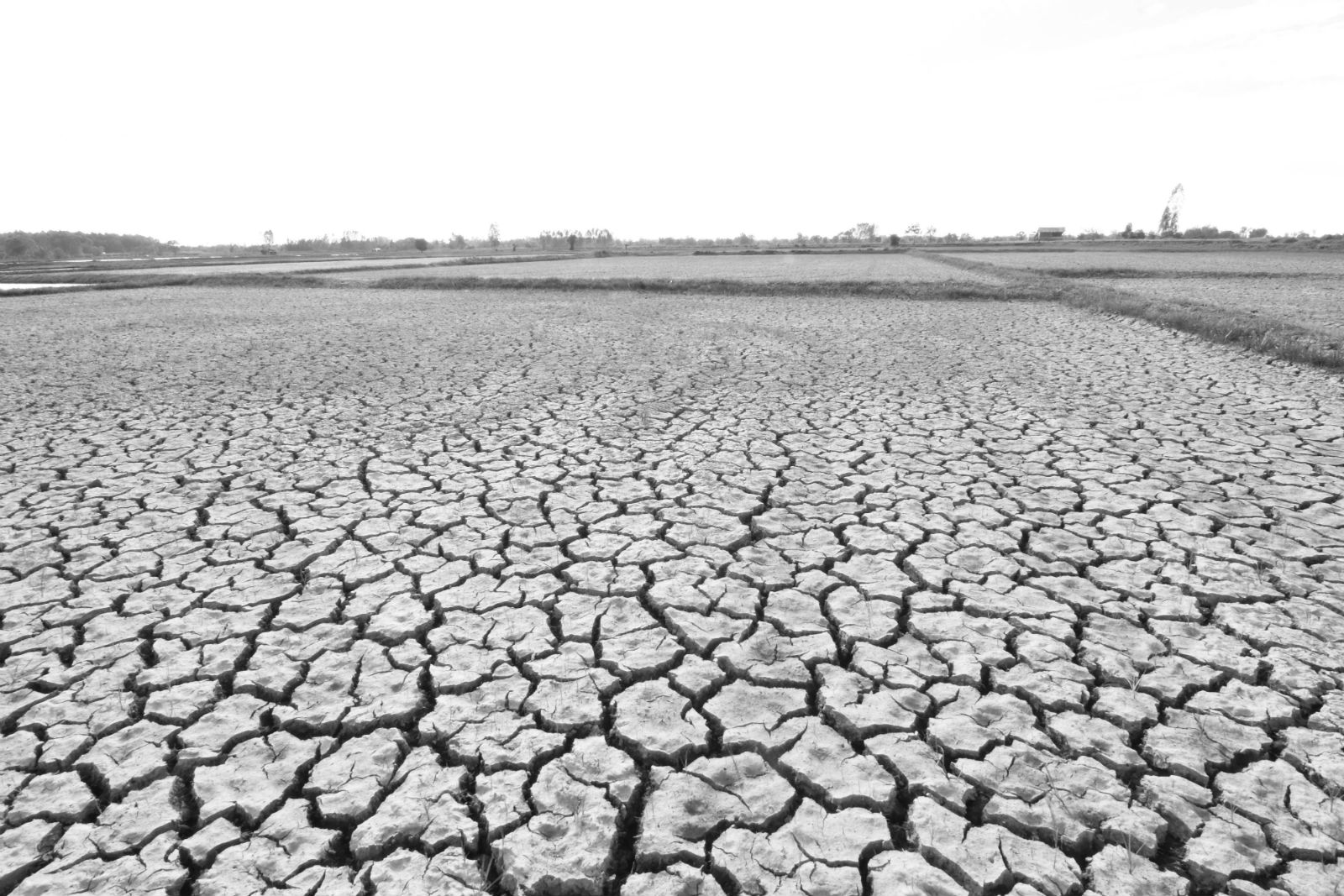Weather disasters cost the world USD 170 bn in 2021 — what should we do to avoid the same in 2022?

The ten most destructive climate events of 2021 cost the world USD 170 bn in damages, according to a study from UK charity Christian Aid. Last year marks the fourth time in five years that extreme weather events have cost the world over USD 100 bn — and we can only expect things to get worse from here, the study warns.
The most expensive natural disasters of the year: Hurricane Ida in the US topped the list at an economic cost of USD 65 bn, followed by floods in Europe at an estimated USD 43 bn. Next up was the Texas winter storm which cost USD 23 bn, China’s Henan floods at USD 17.6 bn, and the British Colombia floods in Canada at USD 7.5 bn.
Africa took a major beating from the weather last year: South Sudan experienced major flooding back in July, the Lake Chad droughts affecting Nigeria, Niger, Chad, and Cameroon, as well as the East Africa drought which hit Kenya, Ethiopia, Somalia. The report did not add an estimated cost for these events.
Count the cost in lives not USD: The study notes that in the developing world, which suffers the most from global warming despite having contributed to it the least, climate destruction is more adequately measured not by USD lost but by human impact.
2021 also saw the Greenland ice sheet shrink for the 25th year in a row, according to data from the Danish Arctic monitoring service Polar Portal — which operates under the United Nations. The ice sheet lost around 166 bn tonnes during the 12-month period ending in August 2021, meaning less space for animals and humans to inhabit and a signal that global warming continues to affect the world’s arctic regions.
The report outlined a number of recommendations to mitigate the climate change crisis, which should be called the D’uh section: Countries worldwide need to consider cutting down on greenhouse gas emissions as a top political priority, governments should invest in the energy transition to renewables, and richer countries should provide more funding to poorer countries to achieve these goals and further adapt and build resilience to the impacts of climate change.
Including a call to COP27: The report calls for a fund to be set up by the end of COP27, which will take place in Sharm El-Sheikh in November, to help people who are suffering from permanent losses due to climate change. “Bringing that fund to life needs to be a global priority in 2022,” said Nushrat Chowdhury, Christian Aid’s climate justice advisor in Bangladesh. Last year’s COP26 was largely considered a failure as countries failed to agree on joint action to be taken. The Economist called the summit a COP-out in a podcast episode that looks at what climate cooperation could look like in 2022 (listen, runtime: 32:13).
Meanwhile, the world is still debating what activities should be considered green: Nuclear power and forms of natural gas could be labeled as “green” in the EU’s classification system, which establishes “a list of environmentally sustainable economic activities,” as part of a new proposal from Belgium. The proposal would consider investments in new nuclear power and natural gas plants as “sustainable” and would help avoid depriving the continent of some of its critical energy sources, the Financial Times says.
Egypt would stand to gain from this definition as the country moves forward its energy hub ambitions which includes several ventures into natural gas to maintain its position as a major export market. Meanwhile, Egypt is also currently constructing the 4.8 GW Dabaa nuclear plant — which is so far 20% completed — and work is expected to be completed in 2030 rather than in FY2028-2029 due to covid-19 disruption. President Abdel Fattah El Sisi recently sat down with International Atomic Energy Agency Director General Rafael Mariano Grossi to discuss the use of nuclear energy to lower carbon emissions.